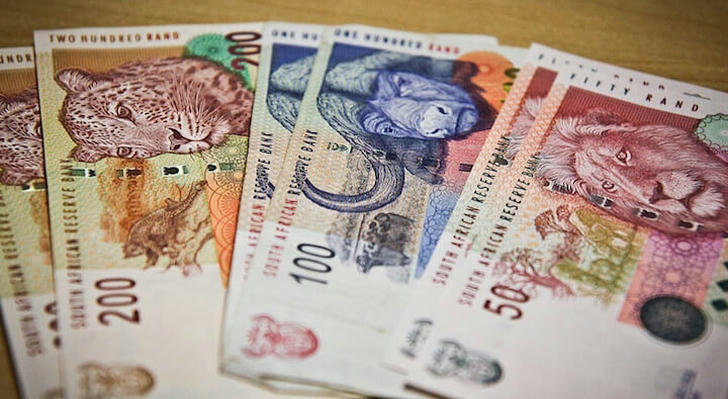Understanding Loans in South Africa: Options and Success Strategies for Those with Financial Difficulties
In South Africa, loans play a vital role in helping individuals achieve key financial goals – whether it’s buying a home, financing education or meeting an emergency. However, for many people who are heavily in debt, rejected by traditional lenders or have a poor credit history, getting a loan approved can seem out of reach.

Fortunately, South Africa offers a range of loan options and strategies to improve your chances of getting a loan approved. Here are the main types of loans in South Africa and some loan advice for those in need.
✅ Types of Loans in South Africa
| Loan Type | Purpose | Typical Terms |
|---|---|---|
| Personal Loans | For any purpose—emergencies, renovations, weddings | R1,000 to R300,000, 6–72 months, 13%–27% interest |
| Home Loans (Bonds) | Buying or renovating property | Loan terms up to 20–30 years, interest from 9%–11% |
| Vehicle Finance | Buying a new or used car | Deposit often required, term 12–72 months |
| Student Loans | Paying for tertiary education | Provided by the bank and repaid after graduation |
| Debt Consolidation Loans | Merging multiple debts into one manageable loan | Lower interest rates and extended repayment terms |
| Microloans | Small short-term loans, often unsecured | R100–R8,000, high interest, quick turnaround |
✅ For those in debt or with bad credit
Many South Africans are in debt or at risk of having their loan rejected due to a bad credit history. If you are in the same predicament, remember that you still have other options. Here are some ways to improve your chances of getting a loan approved:
- Consider a registered microfinance institution (MFI)
The National Credit Regulator (NCR) of South Africa licenses microfinance institutions that provide small, short-term loans to individuals with little or no credit history. While interest rates may be higher, loan amounts are flexible. These lenders can be a lifeline when banks refuse to lend. Make sure the lender is registered with the NCR to avoid usury.
- Explore debt consolidation
If you have multiple high-interest loans, a debt consolidation loan can reduce your monthly repayments and improve your credit rating over time. Lenders such as DirectAxis, Old Mutual and FNB offer this product.
- Use a secured loan
If you own a house, land or vehicle, consider using it as collateral. Secured loans are more likely to be approved even if you have a bad credit history because the lender is less risky.
- Borrow from Stokvels or Credit Unions
Community finance groups like Stokvels or registered cooperative banks such as Ditsobotla Cooperative Bank may offer small loans with lower interest rates and more flexible terms, especially for those with informal incomes.
- Find a guarantor
Some lenders allow loans to have a guarantor - someone with a good credit history who agrees to repay the loan if you default. This can improve your credibility in the eyes of the lender.
- Improve your credit score over time
Paying off small debts, avoiding late payments, and avoiding applying for multiple loans at once will gradually improve your credit score. Check your credit score regularly with agencies such as Experian, TransUnion, or Compuscan.
✅ What to Avoid
Loan Sharks (Mashonisas): These illegal lenders operate outside the regulated system and often charge predatory interest rates (sometimes over 100%). They may also use intimidation or violence. Only borrow from registered credit providers.
Taking On More Debt Without a Plan: Never use a new loan to pay off another unless it's a structured consolidation loan. This may worsen your debt burden.
✅ Conclusion
While South Africa’s lending environment can be challenging for those with financial problems, there are legitimate pathways to securing a loan. From microloans and community-based lending to debt consolidation and secured borrowing, the key is to stay informed and cautious. Responsible borrowing, coupled with credit repair strategies, can lead to long-term financial stability—even for those with a difficult past.
